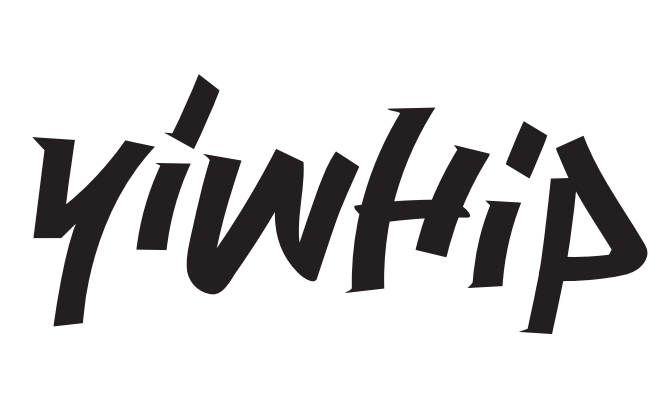The Vital Role of Cream Chargers in the Modern Food Industry
In today’s rapidly evolving culinary world, especially across cafés, bakeries, and specialty dessert shops in Puerto Rico and beyond, **cream chargers** have become indispensable tools. Whether you're whipping up a cloud of Nitrous Oxide-infused cream or crafting elaborate dessert presentations on-the-fly, having a reliable supply chain for nitrous oxide cartridges is more critical than ever. For businesses relying heavily on quality foam and texture in dairy and non-dairy products, choosing a US-based **reliable Cream Charger Supplier** isn’t merely a matter of preference—it's fundamental. These suppliers deliver high-purity gas systems essential for consistency and performance in whipped cream dispensers used by thousands each day. When sourced through certified distributors, N2O cartridges offer superior reliability and food-grade safety. It’s not just about functionality but also compliance, given the stringent FDA regulations and local health standards relevant to culinary practices.Why Sourcing from Trustworthy US-Based Distributors Makes a Difference
While local alternatives may seem convenient, they often fall short when evaluating purity ratings, product standardization, and long-term dependability—three factors essential in maintaining operational excellence and regulatory adherence. Unlike generic disposable units found elsewhere in retail channels that might carry unknown levels of gas integrity or contaminants, trusted suppliers from the mainland **USA uphold strict ASTM, NFPA**, and even ISO-compliant production measures.
- Certified Purity Levels – Ensuring Food Safety Standards Are Met: Many unbranded sellers cannot provide documented traceability or chemical composition certifications. Reputable American distributors do.
- Sustainability-Focused Packaging Options**: Several premium N2O charger brands now offer recyclable or low-impact packaging as well. This aligns with growing eco-conscious expectations among consumers, particularly in progressive markets like **Puerto Rican tourism-oriented dining spots.**"
- Compliance Transparency**:** Full access to manufacturing batch records and third-party gas quality testing are commonly accessible to wholesale customers buying through authorized U.S.-registered vendors.
- Risks from inconsistent pressure delivery leading to failed whip volumes per serving.
- Possible contamination due to improperly manufactured seals affecting product longevity.
- Likelihood of increased equipment maintenance due to debris buildup if inferior grade metal alloys are being used in canisters.
- Maintaining an updated safety datasheet and training employees on handling compressed gases in accordance with local labor codes (especially in food preparation facilities)."
- Regular calibration testing with compatible whipped cream tanks (also known as "whipped cream dispensers"). Ensure that valves are routinely checked, so internal seals remain airtight despite heavy usage.
- Stock rotation schedules aligned with expiration periods (typically six months after manufacture). Never operate on expired chargers—the integrity of the gas output becomes unpredictable past the recommended shelf life.**"<
/li>
Bonus Section: Where to Find Accredited Wholesalers Within North America & Import-Friendly Partners in Latin Territories
If your café operates under a hybrid supply model involving imported materials and local stocking points, several U.S.-certified resellers specialize in transoceanic fulfillment services compliant with TTB/Federal Shipping Protocols. Companies registered with entities such as IFTA or ISOO are preferred choices since compliance risks dramatically decrease when selecting pre-certified partners within the US supply ecosystem. Additionally, certain firms now provide dual-country logistics solutions catering simultaneously to both U.S. and Caribbean clients—allowing bulk order placements routed seamlessly through regional customs clearance experts who manage all legalities tied to importing compressed goods.
Economic Implications of Choosing a Steady N₂O Provider in Your Operational Model
Cost control should not come at the expense of performance predictability. Especially in regions where import restrictions apply to compressed substances (like Puerto Rico), partnering with US-origin suppliers offering seamless logistic coordination helps avoid procurement headaches that could halt service mid-day during busy operations. Consider the impact:Tips to Evaluate Credibility: Red Flags to Watch Out For During Vendor Selection
To make smart sourcing choices, one needs to be vigilant and proactive in vetting prospective distributors of nitrous cylinders and associated tools like stainless steel siphons. Key red flags worth highlighting are:**Unclear Product Specifications Online**: Vagueness around N2O percentages and no indication of FDA approval documentation suggests questionable sourcing channels. Always insist on clear labeling, MSDS information, and proof of licensing under EPA and/or DOT guidelines applicable to pressurized gas commerce. Mismatched Regulatory Logos**: Some companies misleadingly place USDA, FDA-approved badges or CE marks on their storefront imagery without legitimate authorization to display those indicators—an alarming breach of trust and industry ethics.
**Unrealistic Bulk Offers Without Traceback Mechanism**:** Be suspicious of deeply discounted offers without transparent lot number tracing systems. You must always confirm origin and distribution paths prior to large commitments.
